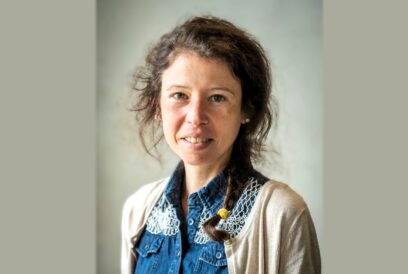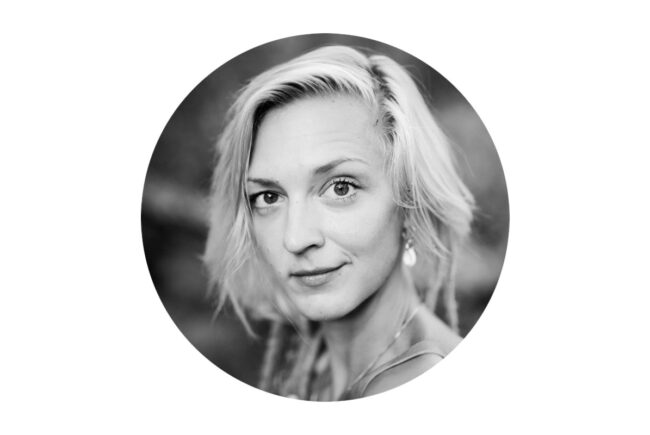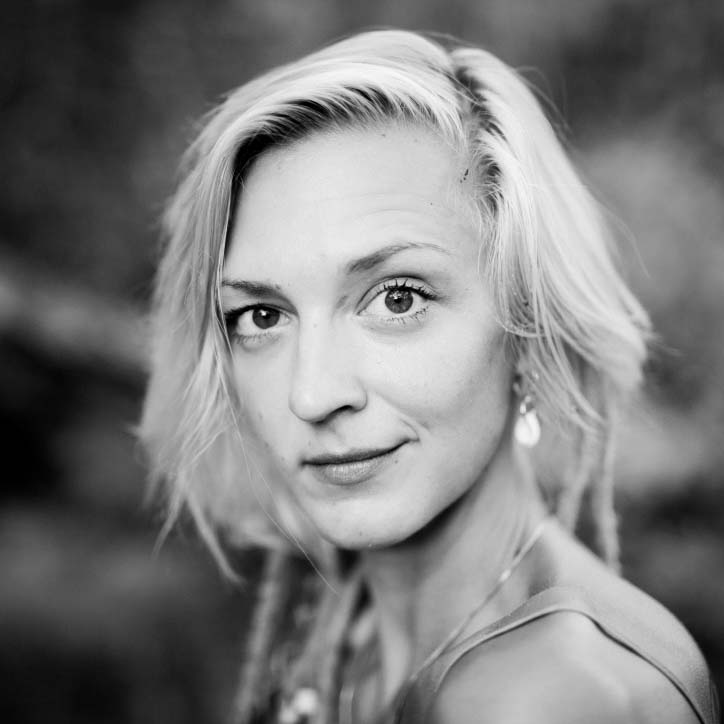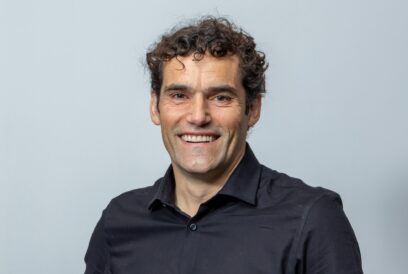

Since the beginning of the pandemic, many higher education students struggle with Zoom fatigue, feelings of isolation and lack of motivation. Kätlin Armei is one of them. The text is a column written for issue 1/2022 on Engaging and Re-engaging.
Waking up, grabbing a quick breakfast, pouring the coffee into the mug while turning on the computer… where is this Zoom link… oh no, there are so many, which one? Oh good, I found it, just in time. Still in my pyjamas but on time. It’s OK, I won´t turn the camera on. And I can eat while listening.
I do not know how many of you can relate to this scenario but, I must admit, I’ve had a couple of mornings like this during the lockdowns.
I am currently finishing my Master’s in Andragogy at Tallinn University and have become very acquainted with distance learning. To be honest, I have never before as a student felt so distracted, disconnected and inefficient.
Nevertheless, I have a daunting feeling of confusion about the future.
Of course, when it happens to be an interesting subject or a highly engaging professor, it can be an entirely different experience. But even the highly motivated students seem to struggle. I perceive how learning is becoming more and more superficial. We are reading less, it is harder to keep focused and to memorise, and we constantly need external stimuli to keep us engaged.
RESEARCHERS HAVE found that distance learning requires a different approach from our brains – a different mental and emotional preparation. In a physical classroom, our brains discern body language and other non-verbal communication, and we gain increased dopamine from face-to-face interaction.
We have all learned that, through the computer screen, we need to provide the dopamine hit more frequently.
It becomes more challenging to stay focused without burning out. Some students struggle with Zoom fatigue, some of them feel isolated and they experience emotional and mental breakdowns, anxiety and depression.
Now I feel like I can’t get to know my course-mates on a deeper level.
I’ve seen this in myself and with people around me. And we shouldn’t overlook the alarming facts about rising suicide rates among young people.
Even we Estonians, who are known to be reserved and distant, are starting to crave human connection after two years of isolation. Being able to share in the same classroom, to connect and communicate, exchange some laughs or pat our friends on the shoulder. This is essential. It creates an opening, it creates trust – you feel like being part of the learning process and space.
THE LAST TWO YEARS have made me work hard on my motivation to keep up with my studies. I even went so far as deciding to move to a different country to continue my studies from there. As we are all being directed to remote learning wherever we are, I could at least use it to my benefit and change location.
Nevertheless, I have a daunting feeling of confusion about the future. I feel that I’ve missed out on my university experience on many levels, because university is much more than just studying.
This is the time to be curious, to learn and grow together, find like-minded people and build connections for life. Now I feel like I can’t get to know my course-mates on a deeper level. Before, I could see myself pursuing an academic career. Now it seems that the future professional prospects, as I had envisioned them, are diminishing.
Sometimes it feels as if the world has been prepared for remote living and digitalisation for some time. There are endless new possibilities offered to us through Zuckerberg’s Metaverse avatars and other virtual reality simulations.
My generation is taught how important it is to pursue our career, improve our digital skills, stand out academically. At the same time, I often feel we are utterly disconnected from ourselves, our body and emotions, our surroundings and other people.
This makes me wonder: is there still a way back to a traditional classroom setting with physical interaction? Are we still able to develop healthy future perspectives in education? And if so, how can I show up and contribute to this?
Author







